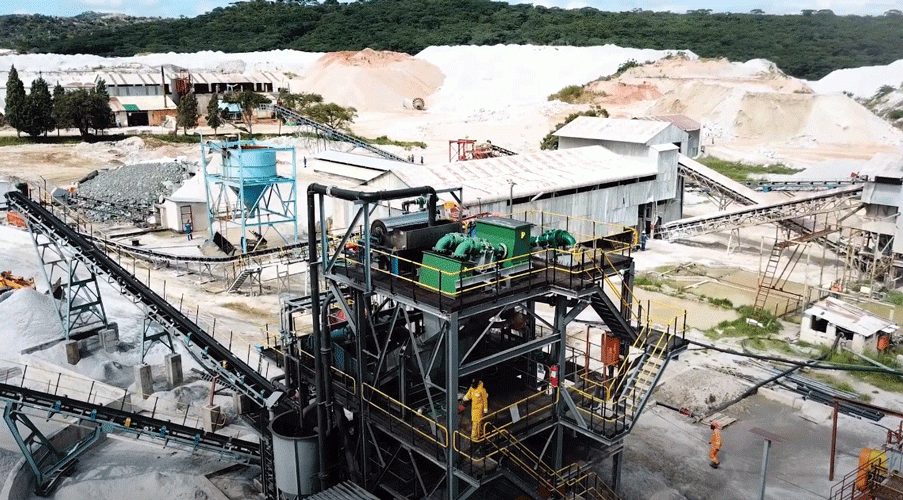
THE Southern Africa Resource Watch (SARW) has encouraged Zimbabwe to urgently begin constructing an electric vehicle (EV) battery plant owing to its substantial lithium resources.
Lithium is one of the main components used to make EV batteries.
In its latest report titled Critical Minerals and Renewable Energy Value Chains in Zimbabwe: A Study of Actors and Initiatives, SARW said EVs accounted for 18% of all cars sold globally, which would rise to 30% by year-end.
This will make lithium demand soar, with the African Mining Market revealing that Zimbabwe’s lithium deposits were the largest in Africa and the sixth largest globally.
“Most of these batteries will be powered by nickel-containing lithium batteries. Zimbabwe is making strides in integrating battery storage systems and EV projects to enhance its renewable energy landscape. Notable initiatives include Zera’s renewable energy projects and a proposed lithium battery manufacturing plant,” SARW said.
“GreenFuel (Pvt) Ltd is expanding its ethanol operations to include battery storage, while the ZIM-EV project aims to introduce EVs and develop local manufacturing capabilities. The Harare Institute of Technology is experimenting with the development of locally sourced lithium-ion batteries in collaboration with international institutions.”
It said there was a pressing need in Zimbabwe to develop the production capacity for lithium-ion batteries as part of the country’s vision for industrial growth.”
According to the watchdog, this includes envisioning the manufacturing of various components such as lithium carbonate, electrodes, electrolytes, lithium-ion batteries, and the assembly of electric vehicles.
- Zimbabwe deals help China tighten African lithium grip
- Zimbabwe deals help China tighten African lithium grip
- Zimbabwe’s huge say in US$60m lithium market
- Pioneering Zim lithium executive steps down
Keep Reading
“Due to its substantial lithium reserves, EV battery manufacturing in Zimbabwe offers significant economic growth potential. However, this sector’s development is closely linked to geopolitical dynamics, with Zimbabwe’s strategic position in the global lithium market exposing it to international political and economic pressures,” SARW said.
“Foreign investments, particularly from China, introduce external influences that can shape local policies and priorities, potentially leading to dependency if not managed well. As global demand for EV batteries rises, Zimbabwe must balance attracting foreign investment with safeguarding national interests through robust local content policies.”
Chinese ambassador to Zimbabwe, Zhou Ding, in November told NewsDay’s sister publication, the Zimbabwe Independent, that investments into the country’s lithium mining sector from the Asian giant now exceeded US$1,5 billion.
In addition to lithium, Zimbabwe has nickel.
“Its main advantage over other metals is its lower cost to deliver higher energy density and greater storage capacity,” SARW said.
“The government claims that the country will meet 20% of the world’s total demand for lithium when it fully exploits its known lithium resources, and four major lithium projects are currently under development.”
Zimbabwe’s lithium has attracted investors from China, the UK, Canada and Australia.
“The Bikita Mine, a lithium company, was acquired by the Chinese company Sinomine Resource Group in 2022 through a transaction valued at US$180 million. Following the acquisition, significant investments have been made to expand the mine’s operations, including constructing two lithium processing plants,” SARW said.
“The Bikita Mine can now produce up to 300 000 metric tons of spodumene concentrate and 480 000 tons of petalite annually (Energy Capital Power 2023).”
Other projects include the Arcadia Lithium Project, located near Harare, which was operated by Prospect Resources from 2016 to 2022 until it was acquired in April 2022 by China’s Zhejiang Huayou Cobalt for US$422 million.
There are also the Zulu Lithium Project and Kamativi Lithium Project, among others.










